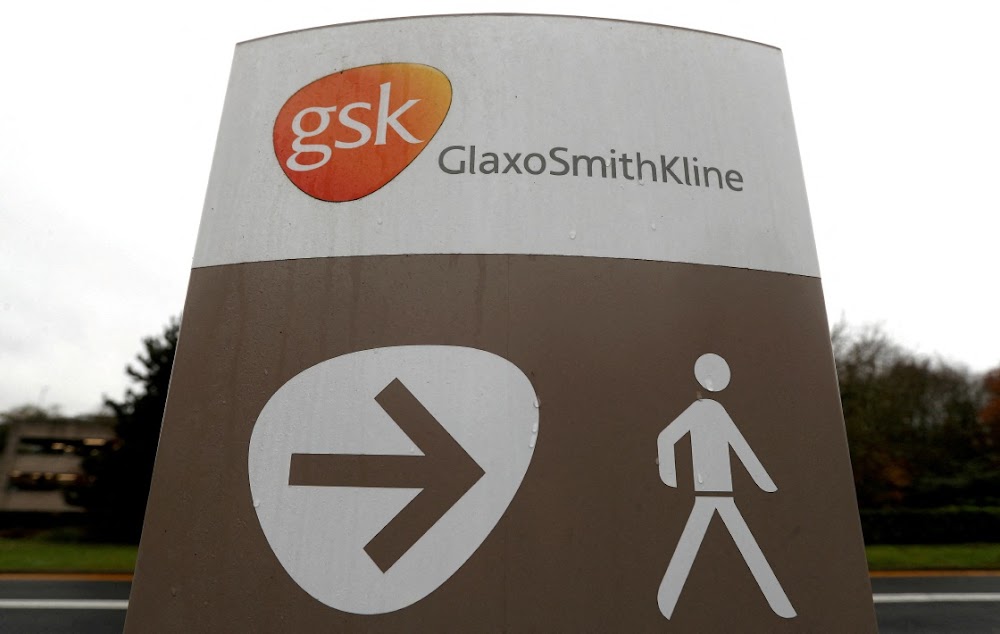NEWS
Real reason behind GSK’s exit from Nigerian market after 51 years

GSK UK PLC, formerly GlaxoSmithKline PLC, announced its decision to cease operations in Nigeria in August 2023, ending a 51-year presence in the country.
The British multinational pharmaceutical and biotechnology company cited forex scarcity, increased local competition, and a strategic review of their African drug and vaccine supply operations as reasons for the exit.
The company, known locally as GlaxoSmithKline Consumer Nigeria PLC, is renowned for products like Panadol and Sensodyne.
Read Also:
Tinubu’s anniversary event sparks financial regulation breach
Remitly resolves delayed N300,000 transfer
Insiders, however, revealed to FIJ that the exit was driven by profit motives rather than forex issues. One source mentioned that GSK’s plan to exit Nigeria had been in motion for over a decade.
They detailed how the company attempted a hostile takeover of majority shares in 2013, which was rejected by local shareholders. Instead, GSK retained 46% of shares while local shareholders held 54%.
In 2016, GSK sold its drink portfolio, including Ribena and Lucozade, to Suntory Beverage & Food Nigeria Ltd. for $79.2 million, promising to invest proceeds in local drug manufacturing. However, GSK did not fulfill this promise, leading to the eventual decision to exit Nigeria.
The strategic shift included a change in leadership in 2017, when Emma Walmsley took over as CEO. Under her, GSK implemented the “Project Accelerate” distributor model, exiting 17 African countries, including Nigeria.
The company’s internal plan, the Topaz Delivery Plan, outlined steps to ensure the exit, including influencing the Nigerian board and manipulating shareholder decisions.
GSK’s exit led to shortages of essential drugs like Ventolin and Seretide inhalers, crucial for asthma patients, causing prices to skyrocket. Criminal syndicates capitalized on the scarcity, selling unregistered and adulterated inhalers. NAFDAC had to issue warnings about these counterfeit products.
Despite efforts by local companies like CHI Pharmaceuticals to buy GSK’s shares and ensure drug supply continuity, GSK rejected the offers. The company focused on maximizing profits, ultimately at the expense of Nigerian patients’ health.
GSK’s response to FIJ’s inquiry reiterated forex scarcity as the primary reason for the exit, highlighting the cash distribution to shareholders.
However, the company did not address allegations of manipulative tactics or the impact on Nigerian patients.

